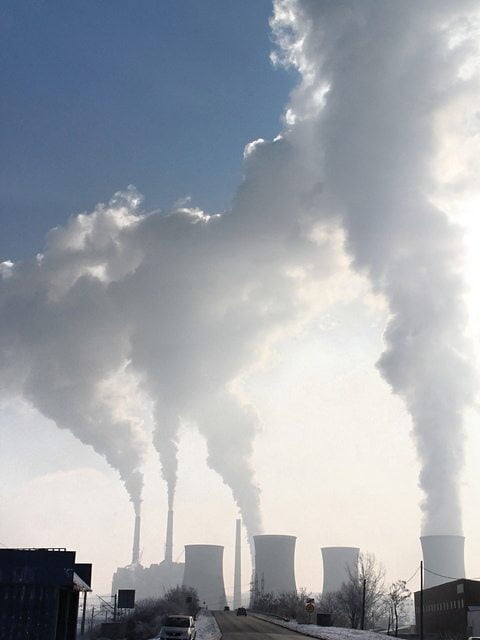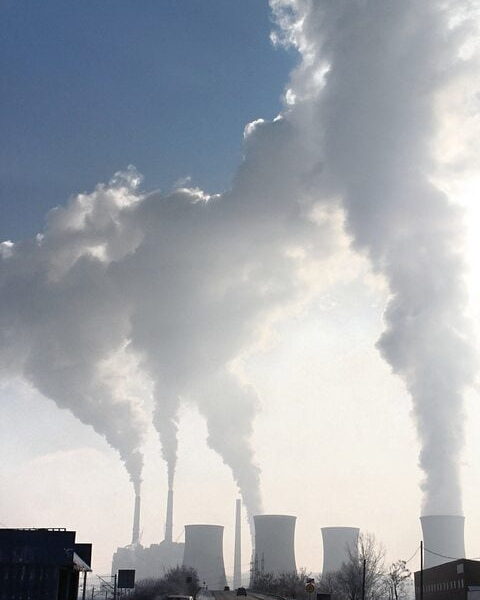

Economy
Norway to reduce harmful greenhouse gas through purchase of certified emission reductions
The Nordic Environment Finance Corporation (NEFCO) has closed its procurement of certified emission reductions (CERs) after successfully contracting 21 million CERs from 13 projects.
NEFCO is an international financial institution owned by five Nordic countries. It aims to help the environment and reduce levels of CO2 through financing projects all over the globe.
Norway has said they will buy 21 million CERs for an average of €2.28 (£1.81) each. This is part of an international tender to purchase carbon offsets.
CERs are carbon offset credits approved by the UN, which allow businesses and governments to buy credits from green projects in developing countries with the idea that the scheme helps poorer nations use clean energy.
Certified credits can be traded and sold and can be used by industrialised conutries to meet their emission reduction targets.
NEFCO manages the tender for Norway under the Norwegian Carbon Procurement Facility (NorCaP).
NorCaP was established in 2013 and helps reduce emissions through obtaining credits from ‘vulnerable projects’ that would otherwise fail.
Ash Sharma, head of Carbon Finance and Funds at NEFCO, said, “Waste management is a growing contributor to the rising amount of harmful GHG emissions in Latin American cities and the CDM has proved to be the single most effective climate policy instrument to finance mitigation of methane emissions.
“We are pleased that the first NorCaP purchases can preserve the capacity of these facilities to continue to mitigate climate change and ensure sound environmental outcomes,” he added.
Some examples of landfill gas projects in the portfolio are the Manaus project located in the middle of the Amazon in Brazil, one in Colombia and another in northern Brazil. They were created to help reduce harmful greenhouse gas emissions and are expected to save 7.8 million tonnes of C02 equivalents by 2020.
It is likely that the NorCaP group will launch a second tender in September.
Photo: Emilian Robert Vicol via Flickr
Further reading:
Don’t be fooled; voluntary carbon credits are not investments
7,000 businesses compelled to report energy use and potential energy saving strategies
Criminals are targeting carbon trading schemes, says Interpol


 Environment12 months ago
Environment12 months agoAre Polymer Banknotes: an Eco-Friendly Trend or a Groundswell?

 Features11 months ago
Features11 months agoEco-Friendly Cryptocurrencies: Sustainable Investment Choices

 Features12 months ago
Features12 months agoEco-Friendly Crypto Traders Must Find the Right Exchange

 Energy11 months ago
Energy11 months agoThe Growing Role of Solar Panels in Ireland’s Energy Future





























